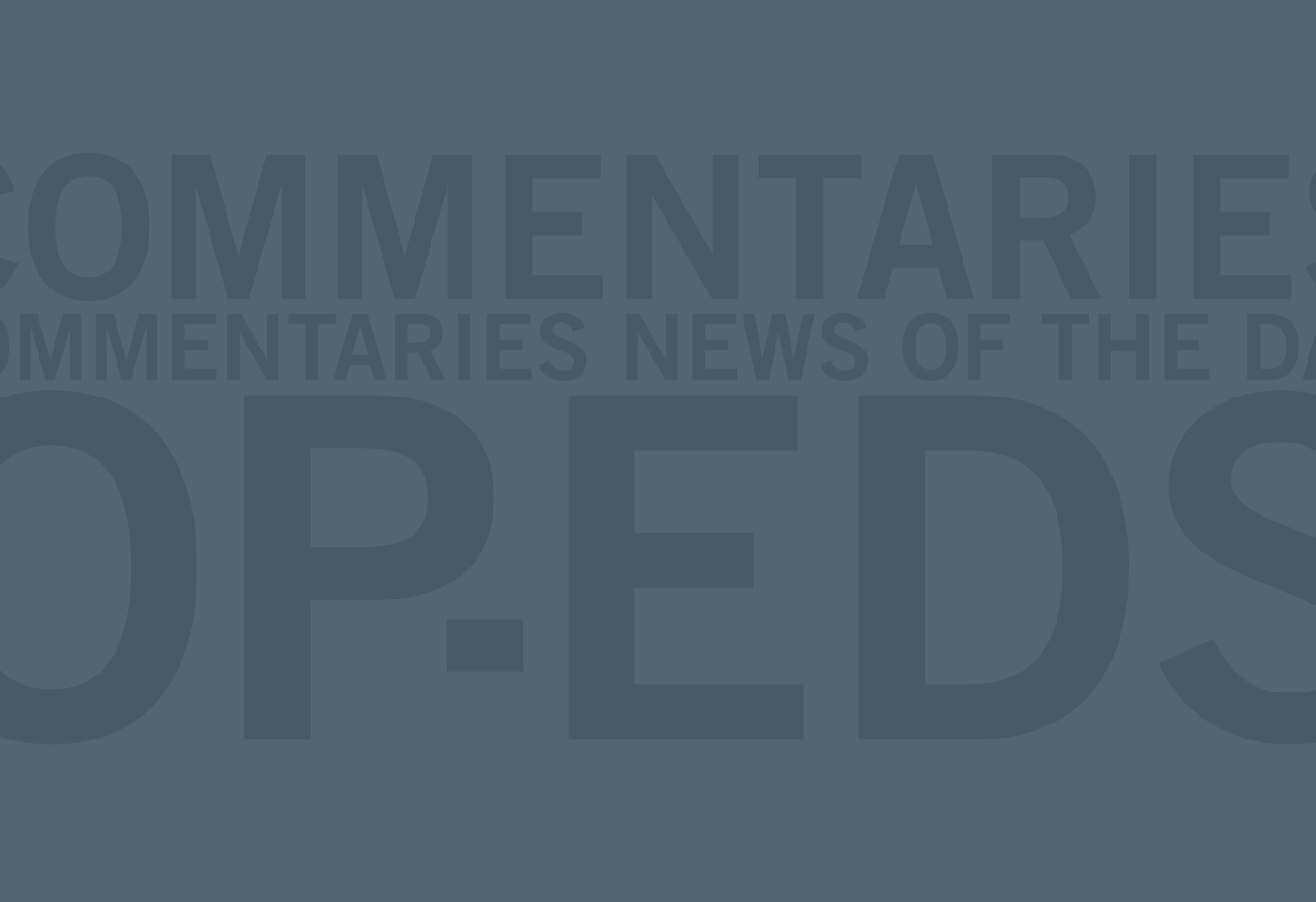By Robert Roach
In the Edmonton Journal
March 19, 2014
A good public policy think tank calls government out when it has it wrong, encourages it to do better when there is room for improvement, and suggests alternatives when the old way of doing things isn’t working anymore. In this role, think tanks are part of the checks and balances that keep a liberal democracy from slipping into complacency and ultimately despotism.
This leads to a lot of critique. After all, democracies work best when government knows that it is highly fallible. But government also gets things right – perhaps more often than we want to admit – and it is important to celebrate success.
An example of such success is the recent telephone call between the premiers of the three westernmost provinces. Without even leaving their respective offices, the premiers of B.C., Alberta and Saskatchewan agreed on policy changes that will save their citizens money, make the regional economy more efficient and help ensure that western products can get to buyers in the growing markets of Asia.
There should be more phone calls like this.
The three westernmost governments entered into a ground-breaking cooperative arrangement back in 2010 called the “New West Partnership.” The three provinces started treating one another like good neighbours, rather than the hostile enemies provinces in Canada typically act like. The New West Partnership facilitates open trade and a cooperative approach to things like encouraging innovation and building an international brand.
On the call, premiers Christy Clark, Alison Redford and Brad Wall agreed that it doesn’t make sense to require people moving from one province to another to have to get their car inspected when it’s less than four years old or if they just had it inspected before moving. They agreed that if you start an apprenticeship in one province, you should be able to continue it in another and that the three provinces should combine their efforts to make more open source textbooks available to students.
They also agreed to work together to address the immediate, medium-term and long-term transportation bottlenecks that threaten to undermine our ability to take full advantage of increased Asian demand.
These are things Canadians assume their governments are doing as a matter of course. The reality is that Canadian provinces (with the limited exception of the Atlantic region) often treat one another worse than they would a foreign nation. At least, foreign dignitaries are offered the pleasantries of diplomacy.
We learn in social studies that Canada is comprised of 10 provinces and three territories. Each of these jurisdictions has developed its own way of doing things. Because place matters in a large and diverse country like Canada, these differences often reflect unique regional circumstances and preferences. The problem is that this natural parochialism can undermine the cooperation that leads to a more efficient regional economy and a more logical approach to government services.
Indeed, one of the critical challenges facing the New West provinces is the small size of each individual market – 4.6 million, 4 million and 1.1 million for B.C., Alberta and Saskatchewan. This makes it more difficult to build businesses higher up the supply chain, to create high-value service and knowledge sectors, to adopt the most efficient options for power production and infrastructure and to attract related investments. One of the key benefits of the New West Partnership is the larger, seamless market of 10 million people and a combined annual GDP of $610 billion.
It simply makes sense for the three westernmost provinces – and Manitoba, too, for that matter – to work together as much as possible. It’s also fair to ask why all of the provinces don’t cooperate more. The answer lies in the fact that it can be incredibly difficult to get 10 highly diverse provinces all on the same page. Fortunately, the common ground that ties the western provinces together, combined with the efforts of the premiers and their teams, has led to the New West Partnership.
For this reason, the governments of B.C., Alberta and Saskatchewan deserve a pat on the back, and encouragement to seek new ways to work together. At the Canada West Foundation, we urge them to carry on the good work.
Robert Roach is Vice-President of Research at the Canada West Foundation, the only think tank dedicated to being the objective, nonpartisan voice for issues of vital concern to Western Canadians. Visit us on-line at cwf.ca.
